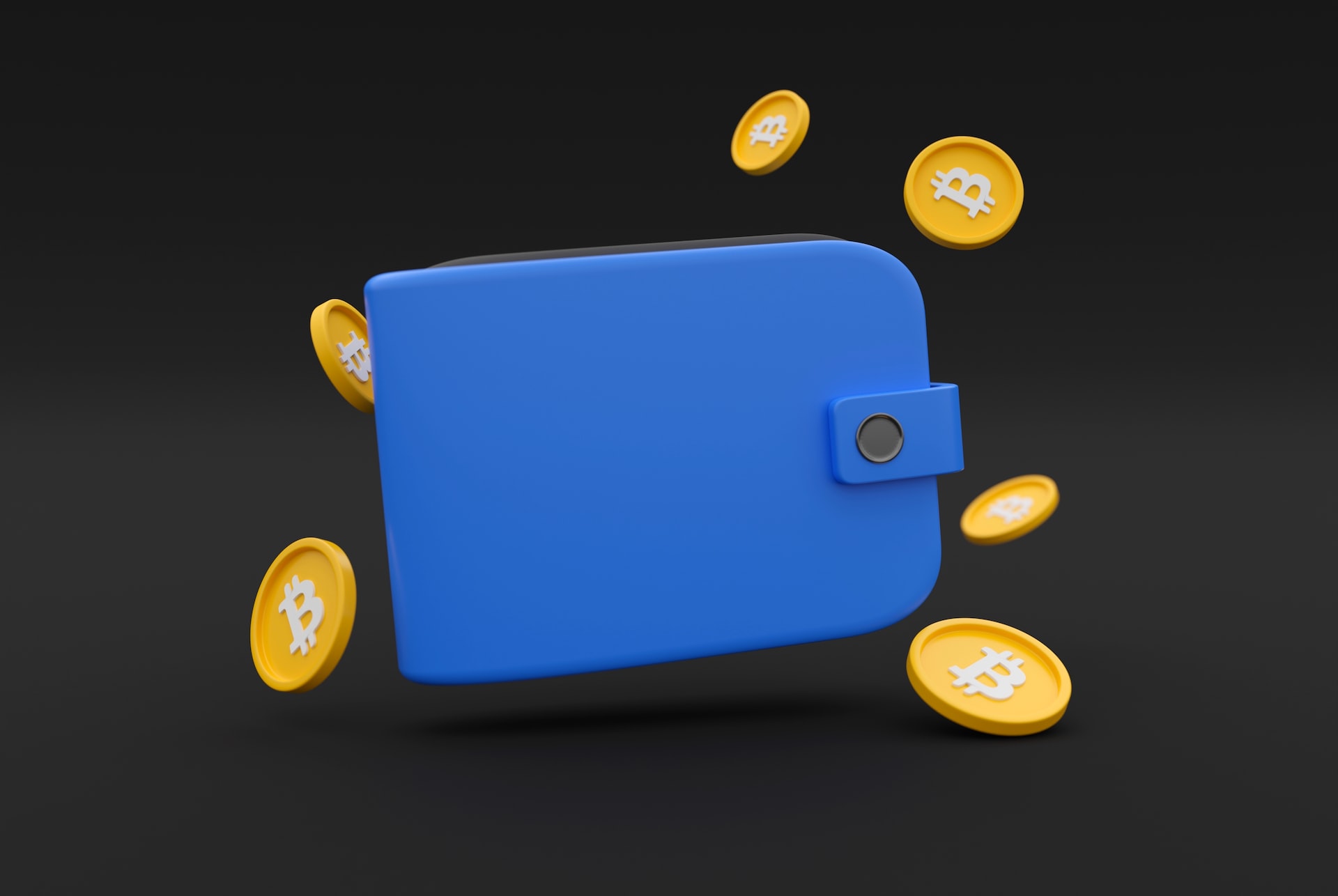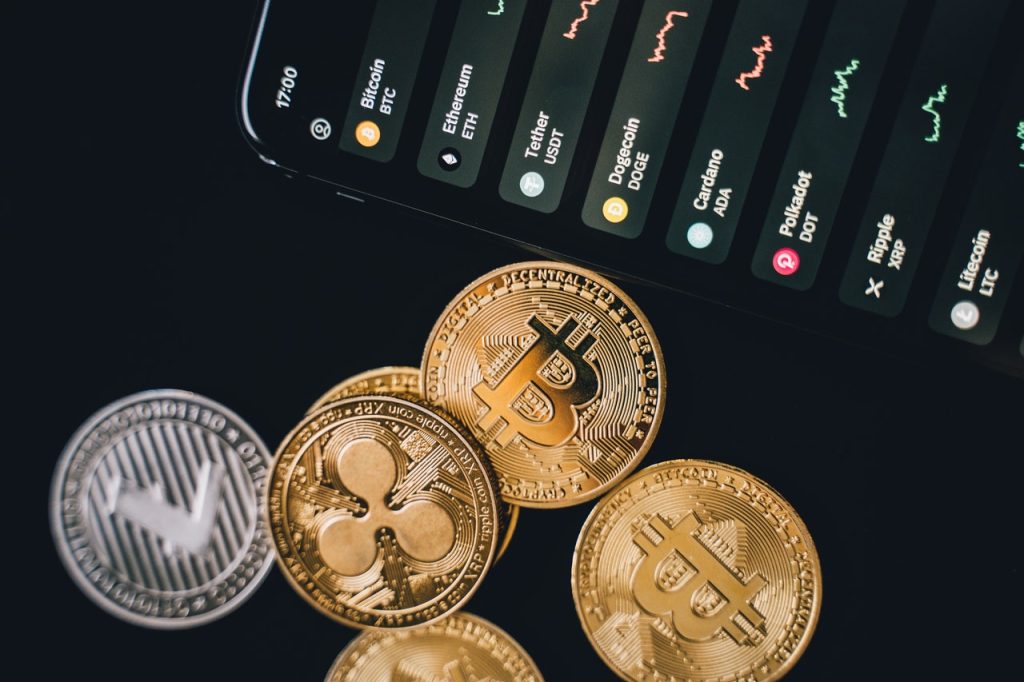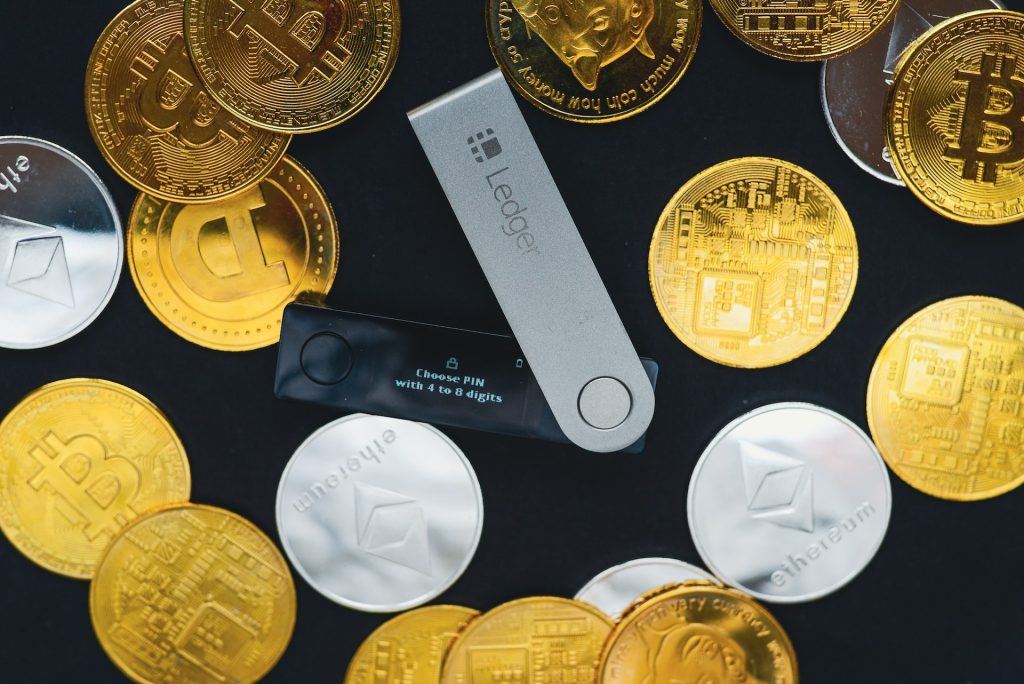
Crypto is big business. With Bitcoin and Ethereum ranking as the top two digital currencies, it’s no wonder so many people are investing in them. But what are the risks? And how do you safely store your assets?
Table of Contents
What is crypto?

Source: pexels.com
Crypto is a digital or virtual currency that uses cryptography to secure its transactions and control the creation of new units. They are decentralized, which means they are not subject to government or financial institution control. Bitcoin, the first and most well-known cryptocurrency, was created in 2009. Crypto is often associated with security because it relies on cryptography to protect users’ identities and ensure the integrity of transactions. However, crypto can also be vulnerable to cyberattacks. There are several ways to store crypto securely: offline (by storing coins on a hardware wallet), online (through a provider such as Coinbase), or in a multi-signature wallet.
Types of crypto wallets
There are different types of wallets, each with its own pros and cons. Here’s a breakdown of the most common ones:
- Desktop wallets: These are installed on your computer, and store your cryptocurrencies in a user-friendly interface. However, they are not as sturdy as online wallets, which can be more secure.
- Online wallets store your cryptocurrencies in an encrypted database on a server controlled by the provider. This type of wallet is generally more secure than desktop or mobile storage, but it can also be less user-friendly.
- Paper wallets: A paper wallet is simply a printout of your private keys that you can store offline. This is the most secure way to store cryptocurrencies, but it’s also the least user-friendly option.
Hardware wallets are physical devices that help protect your cryptocurrencies against theft and loss. They often have unique features that make them stand out from other types of crypto wallets, such as cold storage capability (storing your coins offline) or tamper-proof.
Tips for safe crypto storage

Source: criptotario.com
1. Store your coins in a wallet that you control and trust
Make sure to choose a reputable wallet provider and research their security practices before using them. This will help ensure that your coins are protected from theft or external interference.
2. Store your private keys securely
Always make sure to keep these key files encrypted and only use trusted friends or family members to access them. You can also install hardware wallets like the Trezor or Ledger Nano S which are highly recommended due to their security features.
3. Backup your wallets regularly
This will allow you to restore your funds if something happens to the device where the wallets are stored (like losing your phone). Several wallet providers offer backup services as part of their service offerings so be sure to check out their respective websites for more information on how to achieve this goal safely!
Is it better to keep assets in a wallet or in an exchange?
Keeping your crypto in a secure wallet is the best way to protect it from thieves, but it’s not always easy or convenient. An exchange is a good option if you want to trade your assets for other currencies or tokens, but be aware that there are risks associated with them too.
If you’re already invested in crypto, trading it is another option. This can be risky because the prices can be volatile, and there’s no guarantee that you’ll be able to sell your holdings at a profit. It’s also important to remember that exchanges are often targeted by hackers.
What is cold storage?

Source: pexels.com
Cryptoassets stored in cold storage are typically more securely stored than those held on an exchange platform. Cold storage is a hardware or software setup where coins and other assets are kept offline, usually on a separate computer from where they’re accessed by the general public. This reduces the risk of cyberattacks that could steal user credentials or loot frozen funds.
The benefits of cold storage for crypto include:
- Reduced exposure to hacking attempts: Many exchanges suffer from security breaches that can lead to the theft of user credentials and money. Storing crypto assets off-exchange results in reduced risk of such an attack affecting your wallet holdings.
- Increased security: By keeping coins offline, you create a greater level of security against attacks that might attempt to exploit weaknesses in your software or hardware setup. Hackers often target exchanges because they offer easier access to valuable cryptocurrencies than traditional wallets.
- Fewer regulatory hurdles: Coins stored in cold storage do not need to be registered with any financial authorities, which may make them less risky for some investors.
How do you use cold storage?
There are a few things you need to consider when selecting a cold storage option for your assets: location, security measures, and supported currencies.
- Location: You’ll need to decide where to store your cryptocurrencies in order to make sure they’re safe. Some options include offline wallets on a hardware device like a bitcoin wallet, paper wallets stored in secure locations like safe deposit boxes, or even encrypted digital wallets hosted on external services.
- Security Measures: You’ll want to make sure that your chosen cold storage option has strong security measures in place. This includes features like 2-factor authentication and cryptography hashing functions (like SHA256) that make it difficult for thieves to access your coins without knowing the password or key.
- Supported Currencies: Not all cryptocurrencies are supported by every cold storage option. You’ll need to research which currencies are supported before making a decision. Some popular options include Bitcoin (BTC), Ethereum (ETH), Litecoin (LTC), Dash (DASH), and Monero (XMR).
Conclusion
Cryptocurrencies are a very new and rapidly-growing market, which means there is still much to learn about how to store them securely. While there are many different ways to do so, some of the safest methods include: using a hardware wallet like Trezor or Ledger Nano S; storing your assets in cold storage (offline) on a physical medium like paper or metal coins, and using an online wallet that has been verified by an independent third party. Be sure to do your research before choosing a storage solution, as the wrong choice could lead to your cryptocurrency being stolen or destroyed.







